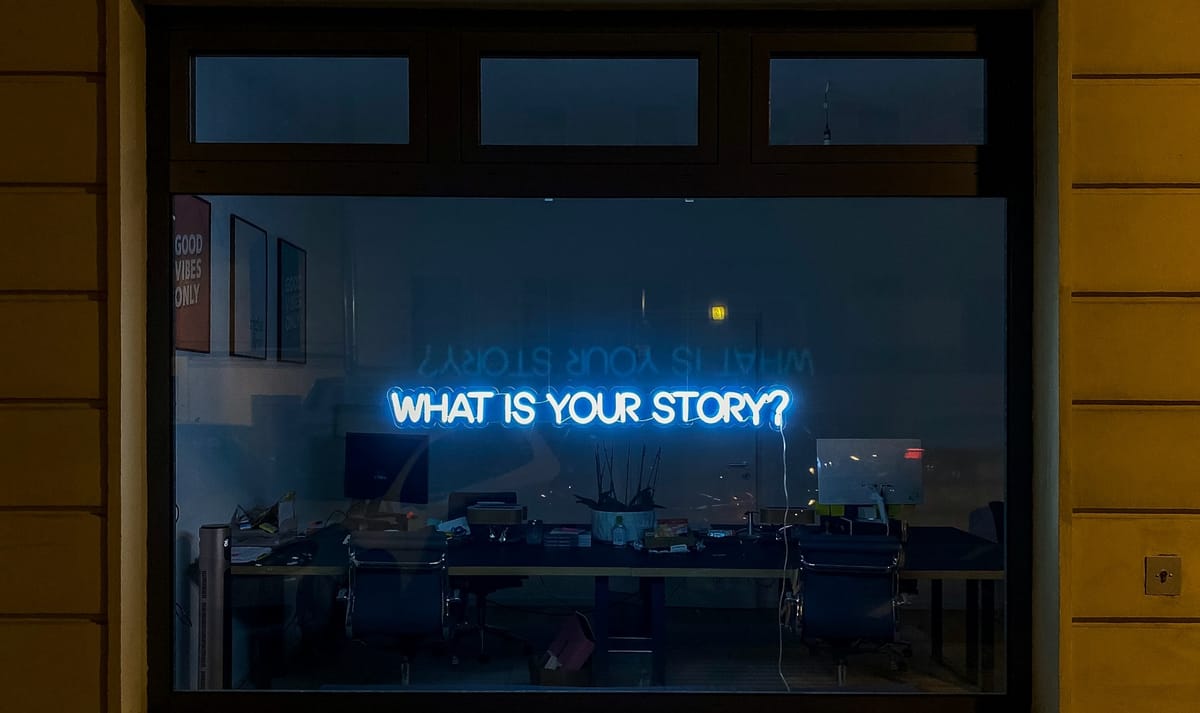The Western Monopoly on Hindu Truth

Who gets to tell the story of Hindu society ? Anyone but Hindus. Hindus have two big problems. The first problem: They're portrayed incorrectly. The second problem: When they try to correct it, no one listens.
It's not an accident. It's how colonial powers maintain their control. First, misrepresent a people. Then, when they object, dismiss them as unqualified to tell their own story. When you control both the narrative and who gets to challenge it, you don't need to build walls. The walls build themselves.
The west does this with casual brutality. They tell stories about people who aren't in the room. Then they dismiss them when they knock on the door to offer corrections.
When Hindu voices speak up to correct the record, they're labeled "political," "biased," or "revisionists." Western voices get to be "experts." Indigenous voices get to be "perspectives."
When Harvard publishes papers on "toxic masculinity in Hindu festivals" without consulting a single practicing Hindu, that's not scholarship—it's voyeurism with footnotes. When Netflix's "documentaries" about yoga strip out every mention of its spiritual foundations, then market it as "ancient wellness secrets," the pattern becomes clear. You're raw material for their expertise.
"That's not how history happened."
"That's not scientifically accurate."
"That's not objective enough."
The irony is that the west claims to want authenticity while systematically filtering it out. The colonial narrative always beats the true one. And the gatekeepers of "legitimate knowledge" are suspiciously consistent.
The "Hindu wisdom industry" is a billion-dollar business where everyone profits except Hindus. Silicon Valley wellness apps monetize meditation techniques while mispronouncing the Sanskrit. Publishing houses commission books about Hindu philosophy—written by non-Hindus, for non-Hindu audiences.
The intellectual property of an entire civilization gets repackaged, rebranded, and resold back to the world as "universal truths." Ancient wisdom, modern theft. The resource extraction never stopped. It just evolved.
Breaking this cycle won't happen through polite requests.
The microphone won't be shared voluntarily.
It must be built anew.
The older generation still plays by colonial rules—seeking validation from Western institutions, grateful for any crumb of recognition. They apologize before they speak. The younger generation doesn't. They don't explain why their grandmother's practices aren't "backward." They don't defend why their festivals aren't "problematic."
For Hindu society, the path forward is clear:
Own your platforms.
Bypass the gatekeepers.
Connect directly.
Own your platforms means more than social media accounts. Fund your own research institutes. Create your own publishing houses. Build your own streaming platforms. Stop pitching your stories to people who fundamentally don't want to hear them. The infrastructure of narrative control isn't mysterious—it's replicable. They built it once. You can build it better.
Digital sovereignty matters as much as territorial sovereignty. The most revolutionary act is to speak without translation, without apology, without seeking approval from those who never intended to listen.





